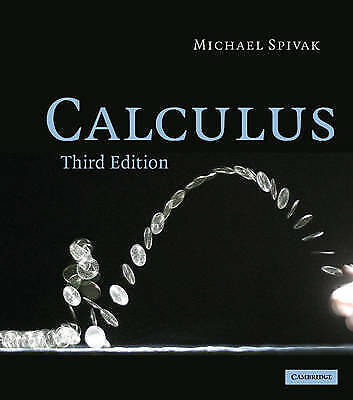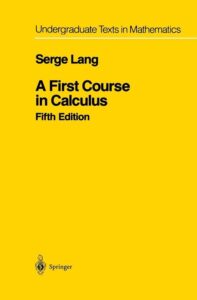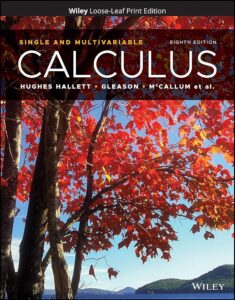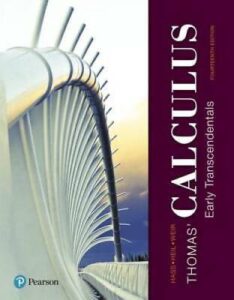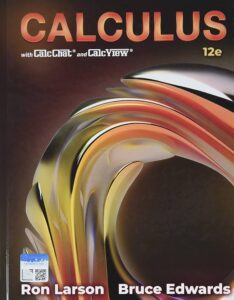“Calculus” by Michael Spivak is another highly regarded textbook known for its rigorous approach and emphasis on mathematical theory. First published in 1967, Spivak’s book is often recommended for students who seek a deeper understanding of calculus.
Content and Structure
Spivak’s textbook takes a more theoretical approach compared to many other calculus books. It covers the fundamental concepts of calculus, including limits, continuity, differentiation, and integration, but does so with a focus on proofs and mathematical rigor. The book is structured to build a strong theoretical foundation, making it suitable for students who are interested in the mathematical underpinnings of calculus.
Key Features
- Rigorous Approach: Spivak’s book is known for its rigorous treatment of calculus. The text includes detailed proofs and emphasizes understanding the theoretical basis of the subject.
- Problem Sets: The problems in Spivak’s textbook are designed to challenge students and encourage deep thinking. Many of the problems are theoretical in nature and require a thorough understanding of the concepts.
- Historical Context: Spivak provides historical context for the development of calculus, offering insights into the contributions of key mathematicians and the evolution of the subject.
- Supplemental Material: The textbook includes a range of supplementary material, including appendices on mathematical logic and additional topics that support a deeper understanding of calculus.
Strengths and Reviews
Spivak’s textbook is praised for its intellectual depth and the clarity of its mathematical arguments. It is highly regarded by students and instructors who appreciate a rigorous approach to calculus. The problem sets are challenging and promote a deep understanding of the material.
Considerations
The rigorous nature of Spivak’s textbook can be challenging for students who are new to calculus or who prefer a more application-oriented approach. The book is best suited for students who have a strong mathematical background and an interest in theoretical mathematics.
